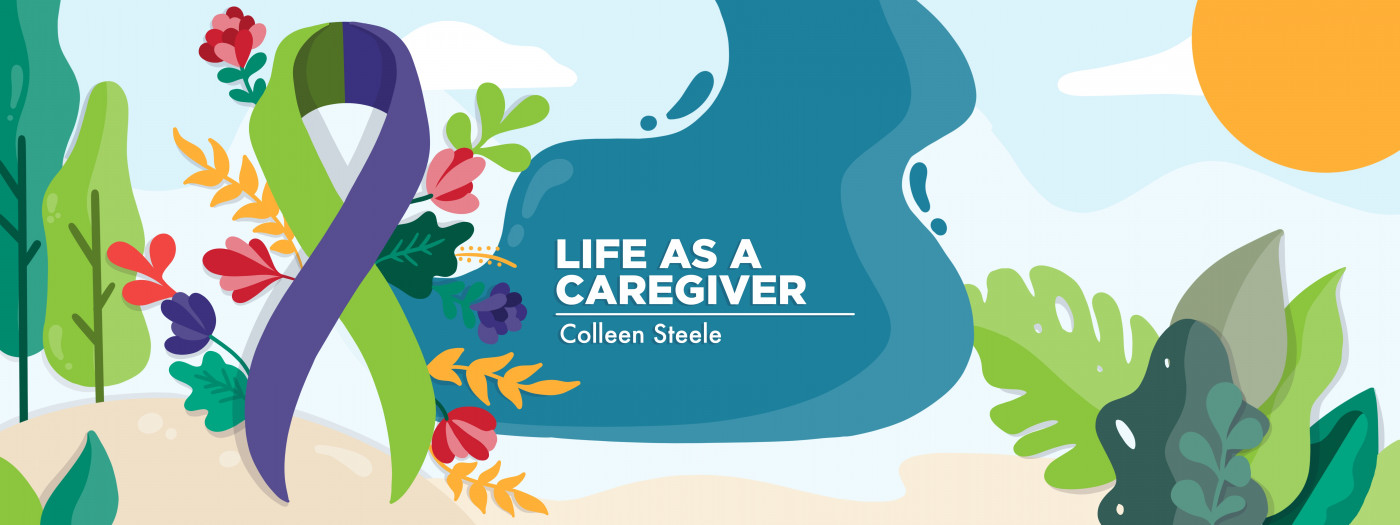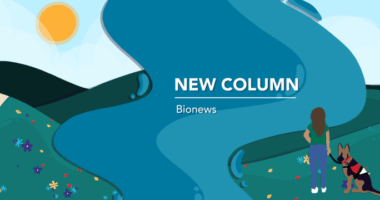Indulging in Some Complementary Therapy

Did you know that since 1995, we have designated Feb. 6 as “Pay a Compliment Day” in the U.S.?
Adrienne Koopersmith was inspired to create it when the bus she was on picked up someone who was nowhere near a stop but in obvious need of a ride. Koopersmith couldn’t leave this random act of kindness unacknowledged, so before exiting the bus, she took a moment to compliment the driver for his good deed.
Witnessing the kindness of a stranger had a positive effect on Koopersmith, and she passed it along by genuinely complimenting the bus driver. Pay a Compliment Day encourages us to experience the joy of showing appreciation for others.
I believe Koopersmith’s bus experience holds another lesson for humanity. There is a phenomenon called the bystander effect, which according to Psychology Today occurs when the presence of others discourages someone from intervening in an emergency.
Koopersmith could easily have assumed that on a bus full of people, someone else would stop to offer words of appreciation to the driver. Instead, she chose to speak up.
What does paying a compliment have to do with pulmonary hypertension?
My son Cullen was diagnosed with pulmonary hypertension when he was 8, and later received a heart and double-lung transplant. I have put my heart and soul into caring for him, and all I have ever wanted in return is for him to have a long and happy life. I’ll admit, though, it feels good when someone acknowledges my caregiving efforts.
I’ve called an ambulance for Cullen many times over the years. It’s always a frightening experience, but I’ve worked hard to prepare for potential emergencies and remain calm and professional when they happen. But I’m not just Cullen’s caregiver, I’m his mom, too, so when the medics arrive, I often feel emotional pain from Cullen reaching a crisis point that I can’t help him through on my own.
During difficult caregiving moments, I remind myself of the kind words a paramedic once said to me. I usually know Cullen’s medical history and current medications by heart, but during one emergency in the middle of the night, my mind was struggling to think clearly. I kept referring to Cullen’s medical binder, and it was probably obvious that this frustrated me.
The medic placed his hand on the binder to lower it and looked me in the eyes. In a very earnest tone, he shared his impression of me.
“You are a loving mom who I can tell has always gone above and beyond to help her son. What he is going through right now is beyond your control, but this binder you put together for him is a huge help. He is lucky to have you, and I’m sure he knows it!”
His words meant so much to me I later wrote them in my journal. At the end of his shift, I hope that medic felt good about how he helped a mom feel calmer and appreciated during a scary medical emergency.
If you are a medical professional, please know that the time you take to pay a patient or a caregiver a compliment is appreciated more than you know and most likely never forgotten. Your words could be what helps them get through an emotionally difficult time.
If you are a patient or a caregiver, tell your care team how much they are appreciated. Tell the nurse with a compassionate bedside manner how much her kindness is helping you through the healing process. If you know a nurse who goes above and beyond for her patients, nominate them for a Daisy Award.
Tell your doctor how much they have helped you and why you would recommend them to other patients. You might discover that doing so can also benefit your own mental health.
Patients and caregivers also shouldn’t forget to express appreciation for one another. If a compliment comes to mind that isn’t related to healthcare, make sure to share that, too.
Finally, don’t limit compliments to one day a year. Every day is an opportunity to share a heartfelt compliment and brighten someone’s mood.
Note: Pulmonary Hypertension News is strictly a news and information website about the disease. It does not provide medical advice, diagnosis, or treatment. This content is not intended to be a substitute for professional medical advice, diagnosis, or treatment. Always seek the advice of your physician or other qualified health provider with any questions you may have regarding a medical condition. Never disregard professional medical advice or delay in seeking it because of something you have read on this website. The opinions expressed in this column are not those of Pulmonary Hypertension News or its parent company, Bionews, and are intended to spark discussion about issues pertaining to pulmonary hypertension.









Leave a comment
Fill in the required fields to post. Your email address will not be published.